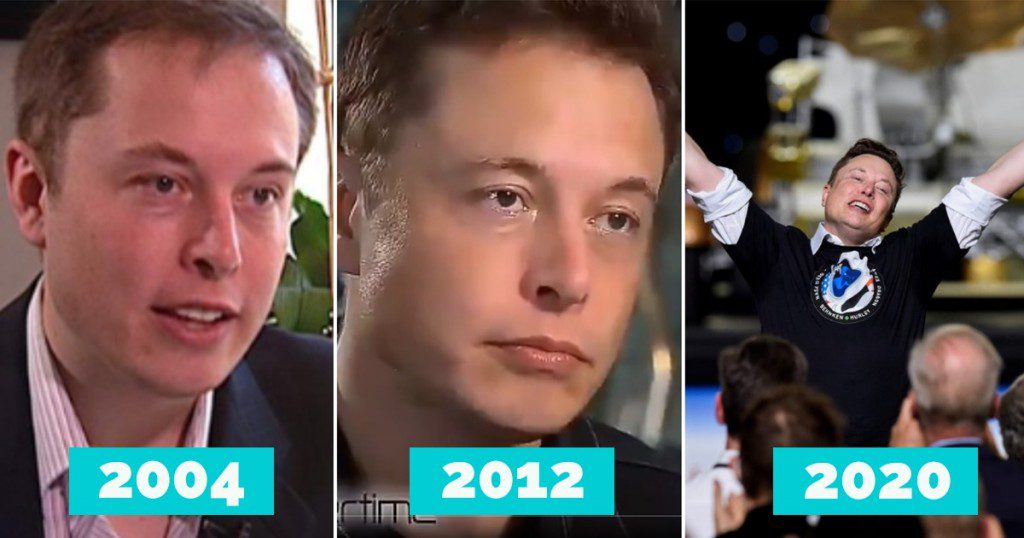Elon Musk is currently the toast of the world — SpaceX has just become the first private company to send a man into space, and the US has resumed manned space flights from its soil after nearly a decade. But even as Elon Musk is being feted as the hero history will undoubtedly record him as, things weren’t always quite as simple.
When Musk had announced that he was launching SpaceX, his plans had been met with quite a bit of skepticism. No private company had ever stated an ambition as grandiose as sending man to a whole new planet, and some had tended to laugh off his plans. And in 2008, when SpaceX had failed on the third consecutive time at launching a rocket, Musk’s critics felt that their skepticism had been justified.

“Elon Musk, the man behind PayPal and Tesla Motors, is also trying to figure out space flight, via SpaceX. But it’s tough going: Last night, for the third consecutive time, the privately funded company failed to launch a rock et into orbit,” Business Insider had reported in 2008. “A Falcon 1 rocket failed to reach orbit late Saturday, marking the third unsuccessful attempt for private spaceflight-firm SpaceX,” it had added. Others had said that it would be hard for Musk to work with NASA. In an article titled “What NASA Risks By Betting On Elon Musk’s SpaceX,” Forbes had questioned why NASA was betting so heavily on SpaceX. “Companies like SpaceX could find themselves in decaying orbits in the years ahead if they fail to deliver the low prices and high productivity they promised,” the article had said, and added that “there isn’t much serious research to demonstrate that the pent-up demand Musk postulates (for private space launches) really exists, nor that the price reductions he foresees are feasible.” And most daringly, Gawker called Musk’s Mars ambition an “improbable dream.” Its article had said that Musk’s dreams were noble, but he “lack(ed) the means and the mindset to realize them.” “SpaceX, too, seems to be running aground,” the article had declared. “The latest launch of his Falcon 1 rocket was cancelled, and the vehicle is rotting in the moist salt air of Omelek Island in Kwajalein while his technicians scramble to fix a vibration problem,” it had said.
But even as critics had trained their guns on Musk, he’d remained remarkably consistent in his views. In an interview to CNN in 2004, Musk had clearly laid out the plans for SpaceX, and his plans to work with NASA. “Fundamentally how we want to help NASA is by lowering the costs of access to space,” he’d then said. “It will allow us to do more interesting things for a given budget. In fact, what we’re doing is critical to the future of NASA. At the current prices that NASA pays, I don’t think we’ll be able to achieve anything interesting in space,” he’d said.
It might’ve sounded like a cocky statement from someone who’d founded their space company two years prior, and hadn’t had a single successful launch, but Musk clearly knew what he was talking about. In 2012, in an emotional interview to 60 minutes, when the host had asked him if he believed his company would make the rocket that would send the next American to space, he’d simply said: I believe that is the most likely outcome, yes.
Scott Pelley: "Do you believe that your rocket will be the next American rocket to take an astronaut into space?"@elonmusk: "I believe that is the most likely outcome, yes."
This interview aired in 2012. Congratulations, Elon & @SpaceX! ???❤https://t.co/jxQZTf6XDc pic.twitter.com/tBIWoiXO0p
— Renata Konkoly ?? (@RenataKonkoly) May 2, 2020
Eight years later, he’s been proven right.